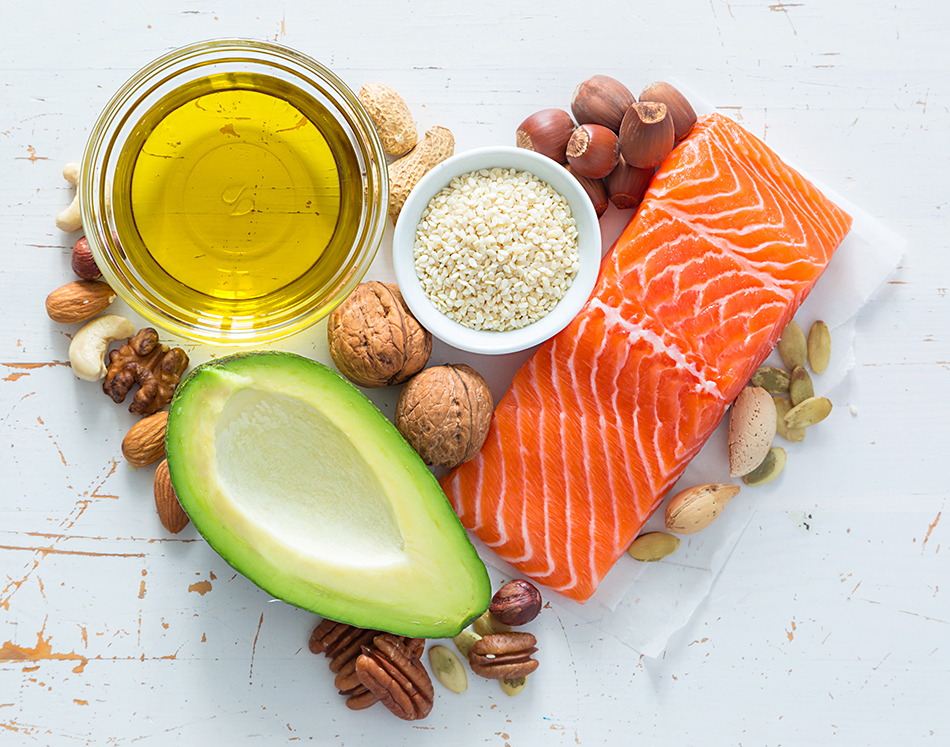
Siri-Tarino, P.W., et al., Saturated fatty acids and risk of coronary heart disease: modulation by replacement nutrients. Walter Willett and Amy Myrdal Miller, M.S., R.D., formerly of The Culinary Institute of America Referencesġ. Read more about healthy fats in this “Ask the Expert” with HSPH’s Dr. When you cut back on foods like red meat and butter, replace them with fish, beans, nuts, and healthy oils instead of refined carbohydrates.Foods containing large amounts of saturated fat include red meat, butter, cheese, and ice cream. Some plant-based fats like coconut oil and palm oil are also rich in saturated fat.

Saturated fats, while not as harmful as trans fats, by comparison with unsaturated fats negatively impact health and are best consumed in moderation.Fortunately, trans fats have been eliminated from many of these foods. Foods containing trans fats are primarily in processed foods made with trans fat from partially hydrogenated oil. “Bad” fats - trans fats - increase disease risk, even when eaten in small quantities.Foods high in good fats include vegetable oils (such as olive, canola, sunflower, soy, and corn), nuts, seeds, and fish. “Good” unsaturated fats - Monounsaturated and polyunsaturated fats - lower disease risk.Choose foods with “good” unsaturated fats, limit foods high in saturated fat, and avoid “bad” trans fat. Fat is an important part of a healthy diet. Rather than adopting a low-fat diet, it’s more important to focus on eating beneficial “good” fats and avoiding harmful “bad” fats.


Our bodies digest these refined carbohydrates and starches very quickly, affecting blood sugar and insulin levels and possibly resulting in weight gain and disease.


 0 kommentar(er)
0 kommentar(er)
